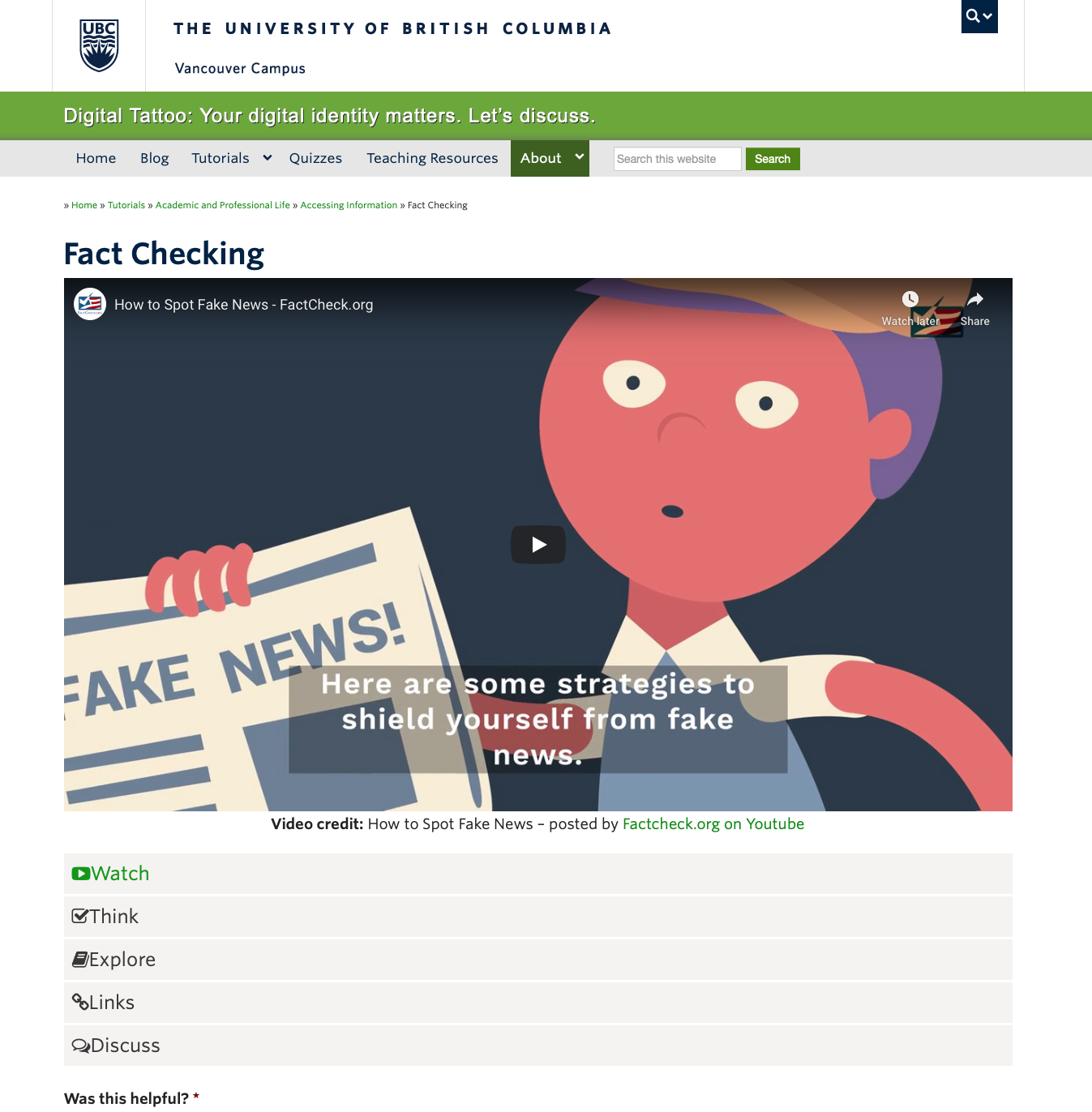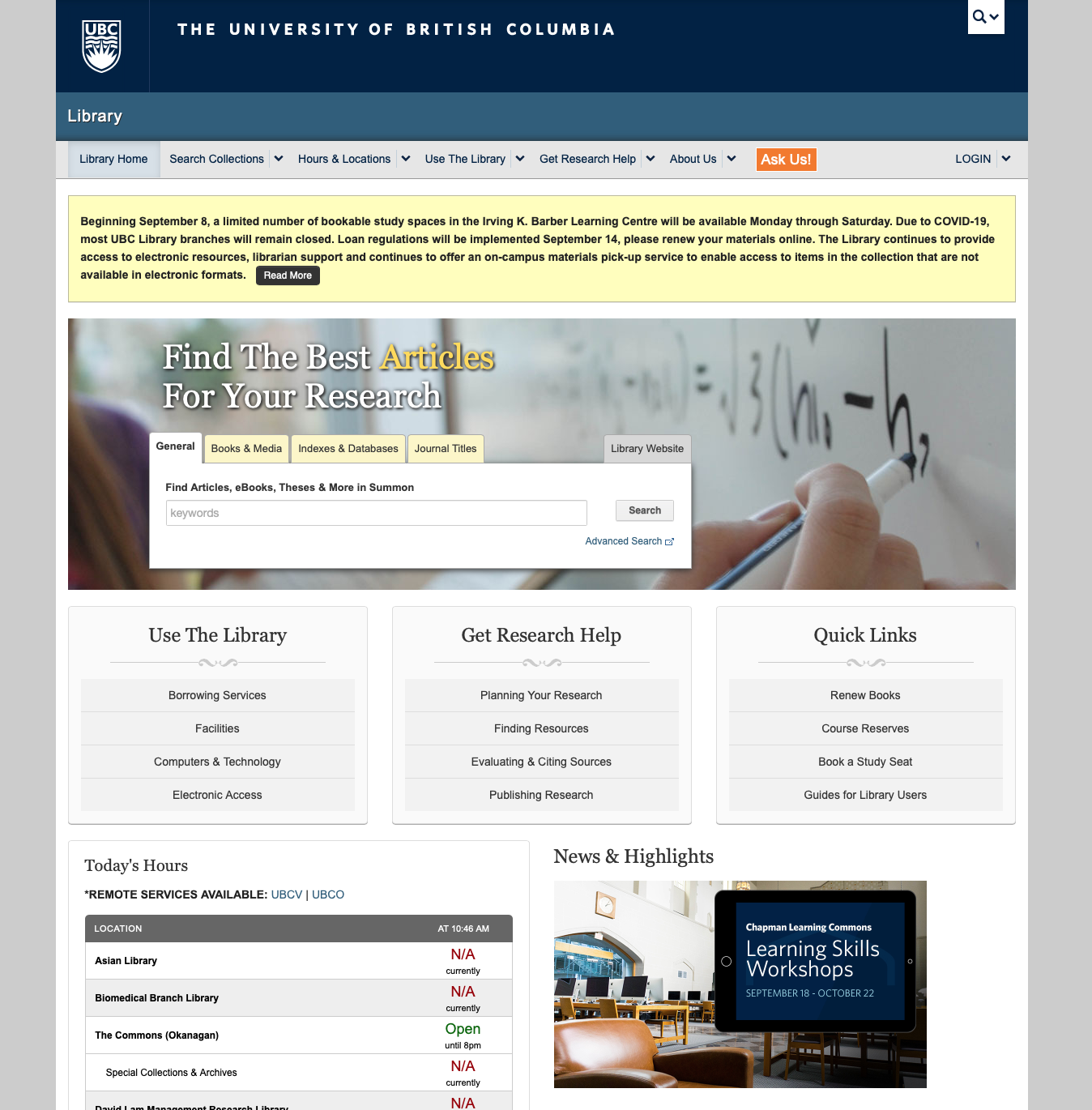Guest Post: Fake News! Who Cares!
by Johnson Huang
After a long day of staring at Zoom lectures and taking notes, you catch up on your social media sites like Twitter and Instagram for some semblance of relaxation, and you are bombarded by news story after news story. The Amazon forest is burning to the ground. Coronavirus deaths have reached an all-time high. Locusts have devastated Africa.
In recent years, I have found it increasingly difficult to separate my entertainment from information about the world. More and more people in my social circle have taken up social activism after seeing movements on social media that spread awareness using Instagram, Twitter, and Facebook. While social activism is something to be commended and encouraged, it is also true that negativity runs rampant in social media and even traditional news sources, and this negativity can take a real toll on our mental health. Everywhere you look, it seems to be the end of the world as we know it. I believe that it is through this lack of distinction between entertainment and formal news that fake news has slowly infiltrated our everyday lives. Unfortunately, “fake news” is not exactly a new term, but it is instead a synonym for terms such as “Yellow Journalism”, which was coined back in the mid-1890s. Yellow Journalism is defined by Collins Dictionary as journalism that “relies on sensationalism and… exaggeration to attract readers” (HarperCollins Publishers Ltd, n.d.)

“Clickbait” is not exclusive to this decade. (Dworzak, 2005)
The news was always meant to inform its readers on current events, whether through a newspaper, the radio, or the television. While headlines were always meant to grab attention, headlines with an aim to misdirect and sensationalize have historically been more rare. With the modern emphasis on entertainment, news sites that were once trusted by their readers for their impartial reporting realized the profit potential if they played to their readers’ biases. Angèle Christin, assistant professor at Stanford University’s Department of Sociology, published a study in The American Journal of Sociology which shows that “[as] online advertising became increasingly competitive, news organizations did what they had to do to survive in this new environment” (Witte, 2018).
It is with this profit that comes sensationalism. The more people that pick up a newspaper based on a headline, the more money the newspaper company will make. The more readers that click on a link because of an exaggerated headline, the more profit that news company will make from ads. This exaggeration and sensationalism has lured our attention time and time again, and leaves all of us exhausted at the end of the day, unable to cope with looking through a constant magnifying glass on every part of the world.
Let us take a look at an example. A popular and commonly referenced news source in the U.S stated that, “Ignoring warnings from election officials, [Donald] Trump again suggests supporters should try to vote twice” (Gallagher et al., 2020). This headline prompted outrage from me. How could a sitting president outwardly promote illegal activity and get away with it? Despite my initial reaction, I found that the real story is a bit more complicated than what the headline suggests. A fact check by Snopes.com found that while this headline is true to an extent, the full quote more so indicates that “Trump told people that if they vote by mail, they should also go to polling places to check whether their mailed-in ballot had been tabulated (advice that election officials do not agree with), and if it hadn’t: Vote in person.” (Palma, 2020). We will talk about Snopes.com in more detail a bit later.
One can agree or disagree with what Donald Trump was informing his citizens and followers, but it is clear that, compared to the full context of what Trump said, the headline has been sensationalized to maximize outrage and clicks. Effectively, I was misled. This is only one example from one news source. Fake news is broadcasted often, both intentionally and accidentally, by both trustworthy and untrustworthy news sources.
It seems impossible, then, to avoid fake news. In this blog, I have reduced modern journalism and reporting to a race for the most clicks, and thus the most profit possible. However, this blog is not meant to discourage you. Instead, it is meant to illustrate the dangers of fake news on our mental health and most importantly, show how we can avoid being tricked.
Some resources and sources that I’ve found to be useful are:
1. Digital Tattoo: Fact Checking Tutorial
The fact-checking tutorial is an extremely valuable resource on fact-checking if you want to get started. It offers a short but informative video on fact-checking, a test-yourself quiz, and various links to more information about fake news.

(Screen capture by Johnson Huang, 2020)
2. Snopes.com
Regarded as one of the most referenced fact-checking websites, Snopes is an independent website that has operated since 1994. Their finances and operations are transparent compared to other news websites, and they are sustained primarily from online ads, not political donors (to reduce possibility of bias). Despite being supported by online ads like the news sites that I talked about, they do not create any headlines. Snopes only takes headlines or statements from other news sites and fact-checks them, thus excluding them from the clickbait practices of other news sources. Additionally, any donation of more than $10,000 is reported to the public. You can read more about their process on their disclosures page.
Their website is easy to navigate to find the topic or headline that you are looking for. Furthermore, if you can’t find something, you can submit the article, social media post, or image in question via their Contact Us page.

(Screen capture by Johnson Huang, 2020)
3. UBC Library
If you are looking for more than a summary of the facts like ones that are found on Snopes.com, the UBC library offers a comprehensive collection of peer reviewed journals and articles. Granted, this collection is much more difficult to sort through compared to Snopes.com, but it gives you a much more in-depth perspective on topics like the effectiveness of preventative measures for COVID-19.
Additionally, if you find the task of sifting through the online database daunting, you can either use the categorized subject guides or reach out to specific subject librarians who can help you find the journal article you need for your research.

(Screen capture by Johnson Huang, 2020)
The title of this blog is “Fake News! Who Cares!”. My answer to that question is that everyone should care. Whether you are purposefully seeking out news to be updated on worldly affairs or not, I believe that we can all be swayed by fake news. You don’t need to be constantly fact-checking, but being aware of fake news and its negative effects should be in the back of your mind any time you read a headline. A common misconception about fake news is that it is only believed and regurgitated by uneducated individuals; that people who are educated in critical thinking and perhaps hold a degree would not be fooled by fake news. However, as we saw earlier, studying and graduating from a university does not prevent you from being tricked into outrage. Thinking that I was immune to fake news only gave me an unwarranted sense of security. Anyone can type in “Snopes.com” in their Google search bar and fact check news headlines, but it is only with awareness and constant doubt that one would even think about fact-checking. Doubt, combined with fact-checking, is the greatest weapon against fake news. By being vigilant and checking the facts, we can still be aware of social injustices that take place around the world without feeling the mind-numbing sense of hopelessness that comes with exaggeration and sensationalism.
References
Dworzak, Thomas. (2005). ENGLAND. London Newspapers. GB. London. July 7-8, 2005. Headlines and details of UK newspapers the day after the multiple attacks on the subway and a bus in London.. Retrieved from https://library.artstor.org/asset/AMAGNUMIG_10311532432
Gallagher, D., Kelly, C., Cohen, M., & Rokus, B. (2020, September 5). Ignoring warnings from election officials, Trump again suggests supporters should try to vote twice. https://www.cnn.com/2020/09/05/politics/trump-vote-twice-north-carolina/index.html
HarperCollins Publishers Ltd. Yellow journalism definition and meaning: Collins English Dictionary. Yellow journalism definition and meaning | Collins English Dictionary. https://www.collinsdictionary.com/dictionary/english/yellow-journalism.
Palma, B. (2020, September 3). Did Trump Tell People To Vote Twice? Snopes.com. https://www.snopes.com/fact-check/trump-vote-twice-north-carolina/.
Witte, M. D. (2018, March 21). What this Stanford scholar learned about clickbait will surprise you. Stanford News. https://news.stanford.edu/2018/03/21/this-stanford-scholar-learned-clickbait-will-surprise/.
Written by Johnson Huang
Edited by Rachael Bradshaw
Featured image Fake Fake News Media, from S. Hermann & F. Richter used under Pixaby License


I am regular visitor, how are you everybody? This article posted at this
web site is actually nice.
Also an excellent choice for fact checking Canadian content http://factscan.ca/
Hi there awesome digital tattoo student team! Came across this list of fact checking sites for students and it looked pretty good.
https://www.iste.org/explore/Digital-and-media-literacy/Top-10-sites-to-help-students-check-their-facts